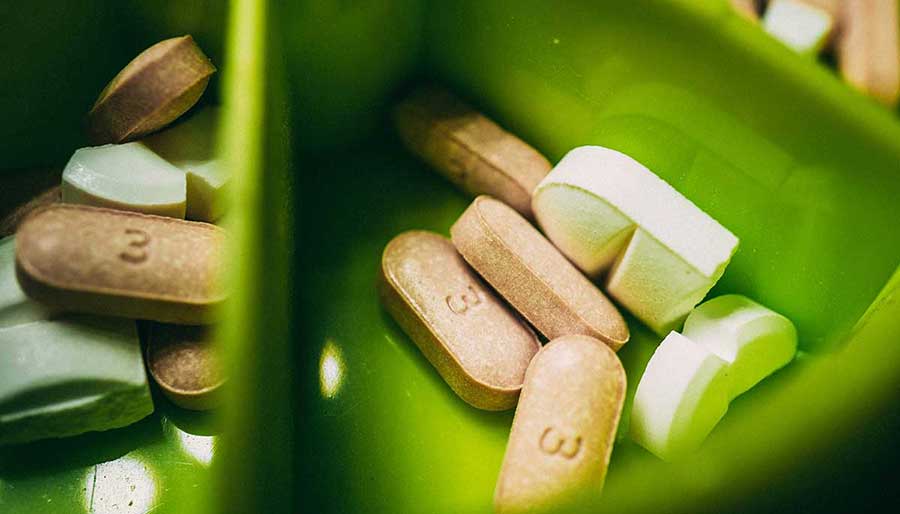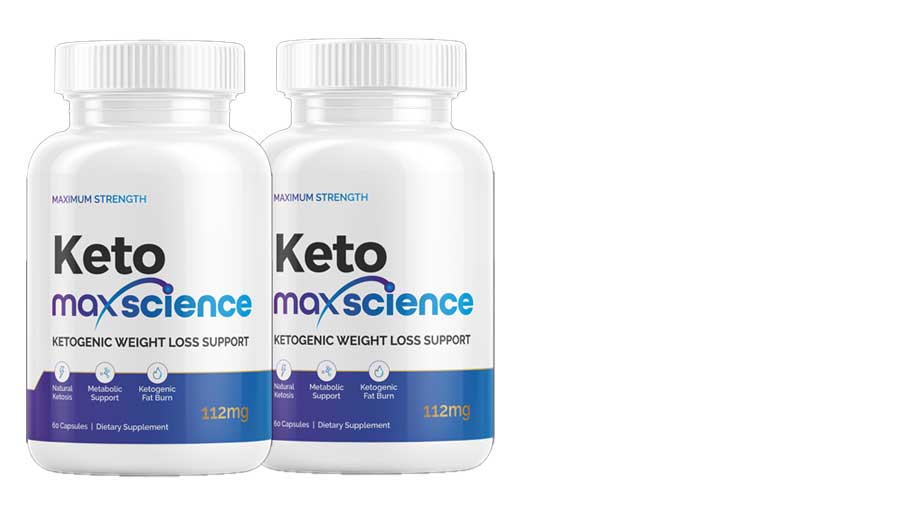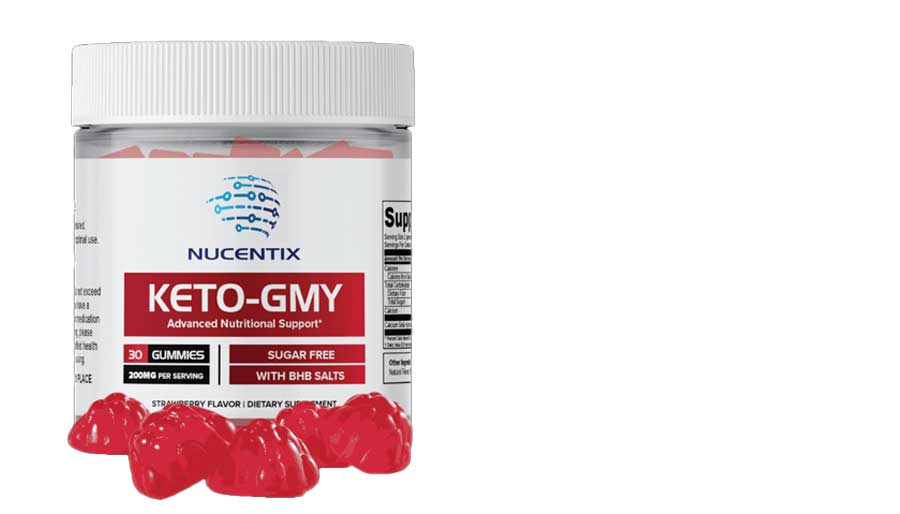
MECHANISMS / How do diet pills work?
There’s a myriad of diet supplements on the market, all with different claims and offering different solutions to help you lose weight. There’s herbs, enzymes, synthetic hormones, antioxidants, fiber and minerals—in different amounts, in many combinations and forms.
So, how do weight loss supplements work?
The mechanism they use to help with weight loss, generally falls into one of the following categories:
– Appetite Suppression:
Some supplements contain ingredients that help reduce feelings of hunger and promote satiety, leading to reduced calorie intake. This can involve increasing levels of certain hormones that signal fullness or slowing down the emptying of the stomach. Common appetite-suppressing ingredients include fiber, glucomannan, and certain plant extracts like hoodia gordonii.
– Metabolism Boosting:
Many weight loss supplements aim to increase the body’s metabolic rate, which can help burn more calories even at rest. Ingredients like caffeine, green tea extract, and cayenne pepper can stimulate thermogenesis (the production of heat in the body) and increase energy expenditure.
– Fat Burning:
Some supplements contain ingredients that are believed to enhance the breakdown of fat in the body, leading to increased fat oxidation and utilization as an energy source. These ingredients may include caffeine, green tea extract, capsicum extract, and L-carnitine.
– Carb Blocking:
Certain supplements inhibit the digestion and absorption of carbohydrates from the diet, reducing the number of calories that are absorbed by the body. Ingredients like white kidney bean extract and alpha-amylase inhibitors can interfere with the enzymes responsible for breaking down carbohydrates in the digestive tract.
– Fat Blocking/Inhibition:
Some supplements work by inhibiting the digestion and absorption of dietary fats. This can involve blocking the action of lipase enzymes, which are responsible for breaking down fats in the digestive system, or binding to dietary fats and preventing their absorption. Orlistat is a common fat-blocking medication, while soluble fiber found in foods like psyllium husk can act as a natural fat inhibitor.
– Blood Sugar Regulation:
Certain supplements help stabilize blood sugar levels, which can reduce cravings for sugary and high-calorie foods and promote weight loss. Ingredients like chromium, cinnamon, and alpha-lipoic acid may help improve insulin sensitivity and regulate blood glucose levels.
– Water Loss / Diuretic:
Some weight loss supplements promote temporary weight loss by increasing urine output (diuresis), leading to the loss of water weight. While this may result in a decrease in scale weight, it’s important to note that it doesn’t necessarily reflect fat loss and may lead to dehydration if not accompanied by adequate fluid intake.
It's essential to recognize that while weight loss supplements can aid in weight management, they are not a substitute for a healthy diet and regular exercise. Additionally, individual responses to these supplements can vary, and some may experience side effects or interactions with medications. Consulting with a healthcare professional before starting any new supplement regimen is advisable.
References
1. Dietary Supplements for Weight Loss – A Guide


